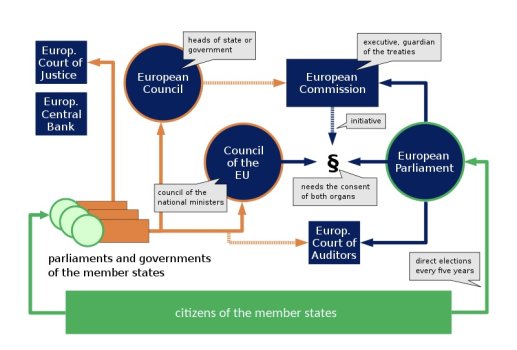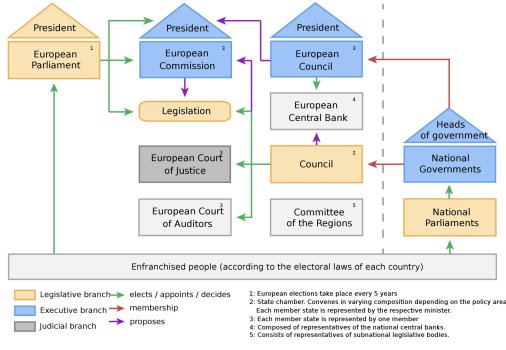Stop twisting my words.
I am going to spell it out (only) once more:
Question: Why is Apple entitled to a commission today?
Answer:
Because the developer appoints Apple as
"their commissionaire for the marketing and delivery of the Licensed Applications to end-users" (or relevant in-app purchases) through their App Store. That what it says in Apple's
paid applications agreement.
Question: What does a commissionaire do?
Answer: It acts in its own name (e.g. Apple Distribution International Ltd.) for the account of a principal (the developer) by "selling apps" (or in-app purchases) to end users.
Question: What will the DMA change?
Answer: Among other things, the following
"The gatekeeper shall not prevent business users from offering the same products or services to end users through third-party online intermediation services or through their own direct online sales channel at prices or conditions that are different from those offered through the online intermediation services of the gatekeeper. (...)
The gatekeeper shall allow business users, free of charge, to communicate and promote offers, including under different conditions, to end users acquired via its core platform service or through other channels, and to conclude contracts with those end users, regardless of whether, for that purpose, they use the core platform services of the gatekeeper. (...)
The gatekeeper shall allow and technically enable the installation and effective use of third-party software applications or software application stores using, or interoperating with, its operating system and allow those software applications or software application stores to be accessed by means other than the relevant core platform services of that gatekeeper."
Developers will be allowed to conclude contracts with end users outside of Apple's sales channel.
👉 Once they do that, and for those sales,
Apple does not act as a commissionaire (anymore).
Hence, there is no legal basis anymore to charge the
same commission they're charging today. If you aren't acting as a commissionaire on a sale, you are not entitled to a commission for being a commissionaire anymore. There's no need to spell that out in the new regulation. Their current paid apps agreement doesn't apply anymore - therefore they're not entitled to its commission anymore.
Question: Could Apple "get creative" and try to introduce
other, new "commissions", "IP licensing fees" or whatever you call it. In other contractual agreements, that cover software sales regardless of the distribution channel through which they're bought?
My (tentative) answer: Maybe.
But!
Question: What if these alternative, new fees/commissions are designed to, in effect, create the same or similar economic conditions for developers as today. I.e., can Apple charge 27% or 12% on any sales.
My answer: They will run afoul of the anti-circumvention provisions. The EU commission will not allow Apple to charge even
nearly the same commissions as today on sales that they aren't involved with.
That's irrelevant.
Apple's paid developer terms only allow for a commissions as commissionaire or agent.
They are not charging commissions on outside sales today - they rather prohibit them altogether (soon to change).
And if they introduce new commissions on third-party of, say 27% and 12% respectively, they EU will view this as a circumvention that undermines the DMA. I guarantee you that.






